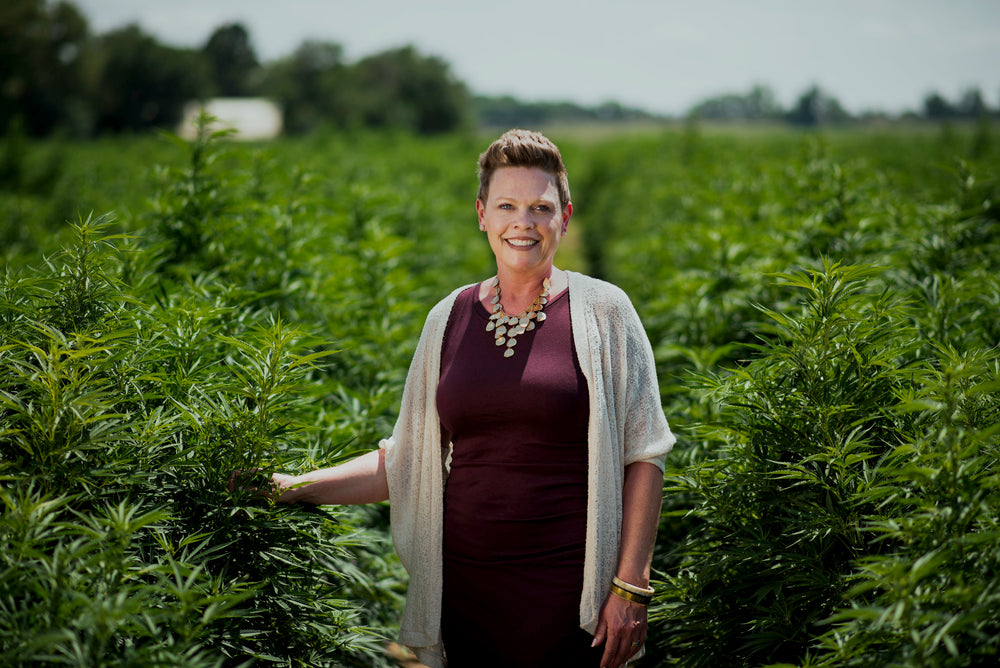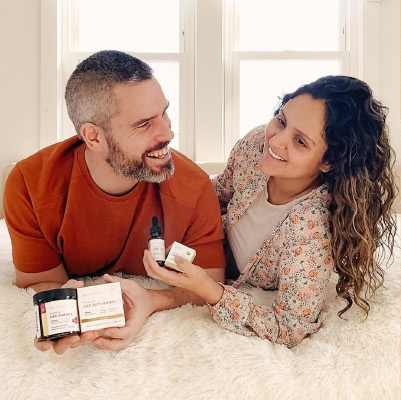
 13 reviews
13 reviews
Stop Counting Sheep
- Simple, vegan, & gluten-free
- 30mg of CBD, 3mg of CBN, & 1mg of THC
- 3mg of premium melatonin
- Potent formula crafted to support rest

Joy Guaranteed

Try Joy Organics for 90 days and if you don't find yourself in love with it, we’ll give you a refund no question asked!
4.42 Star Average Rating Across 4,000 Reviews

Hannah K.
Amazing products and amazing customer service! I will never stop buying the CBD gummies.
Geraldine S.
I appreciated that I received my order so quickly. Excellent product. Thanks Joy Organics.
Tina L.
I love your products I have never found anything that helps so good!! Thank you.

"Their products are third-party tested, certified organic, and loved by reviewers."

"We love that these products were created by someone who is passionate about bringing only the highest quality CBD products to the market."

"The oil is one of the best-tasting and cleanest formulas you can buy for yourself today."

Third-Party Lab Tested
Meet Coral, Joy Organics’ Quality Assurance Expert. Care in every step equals a difference you can feel and see in our lab results.
Joy Leads the Industry
Joy Organics has become a leader in the CBD industry, setting the standards for manufacturing, testing, and quality.
Our product development team works tirelessly developing new and improving existing formulas. They’ve utilized state-of-art technology and sourced the finest ingredients to create products that have improved tens of thousands of lives across the country.



































